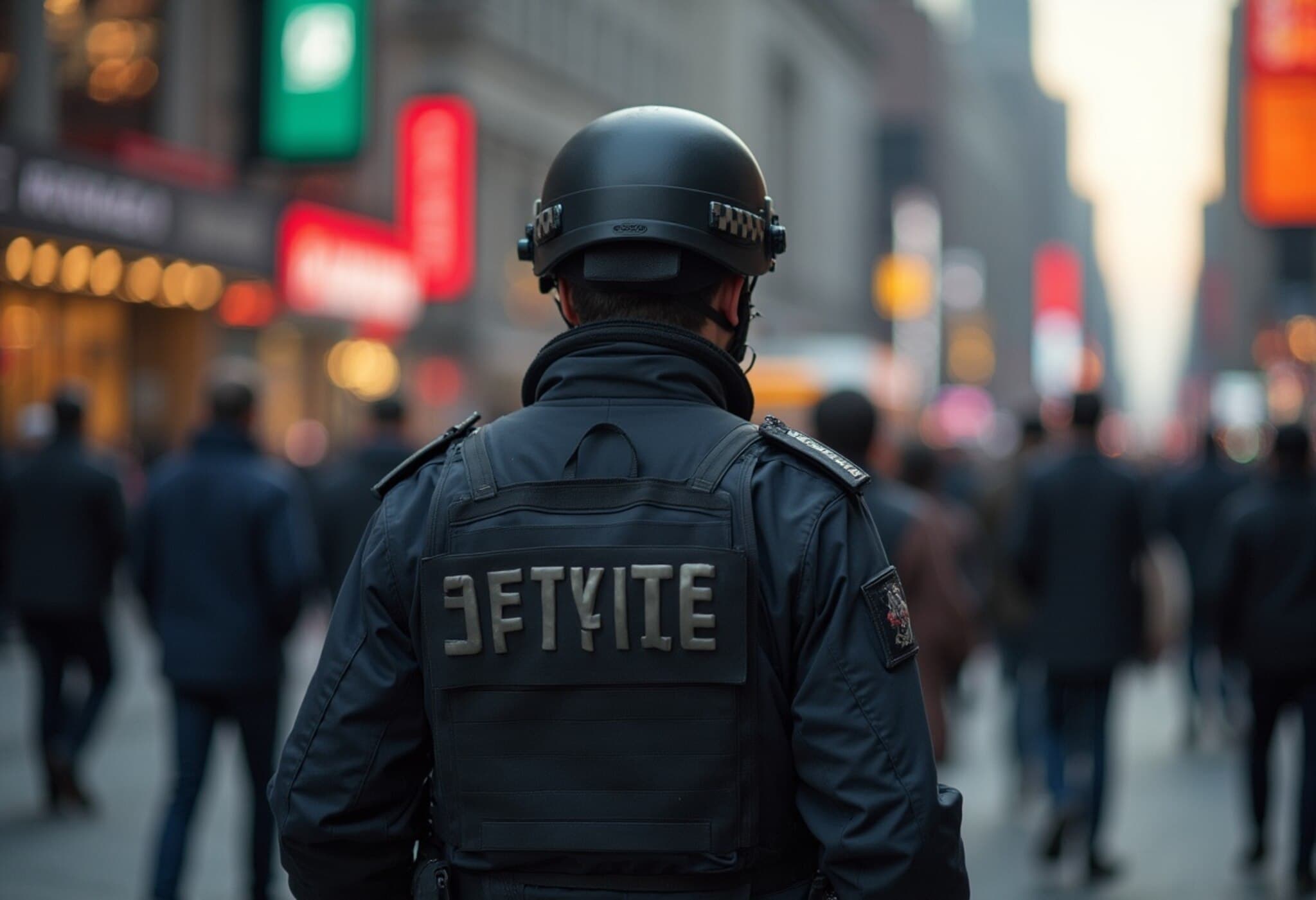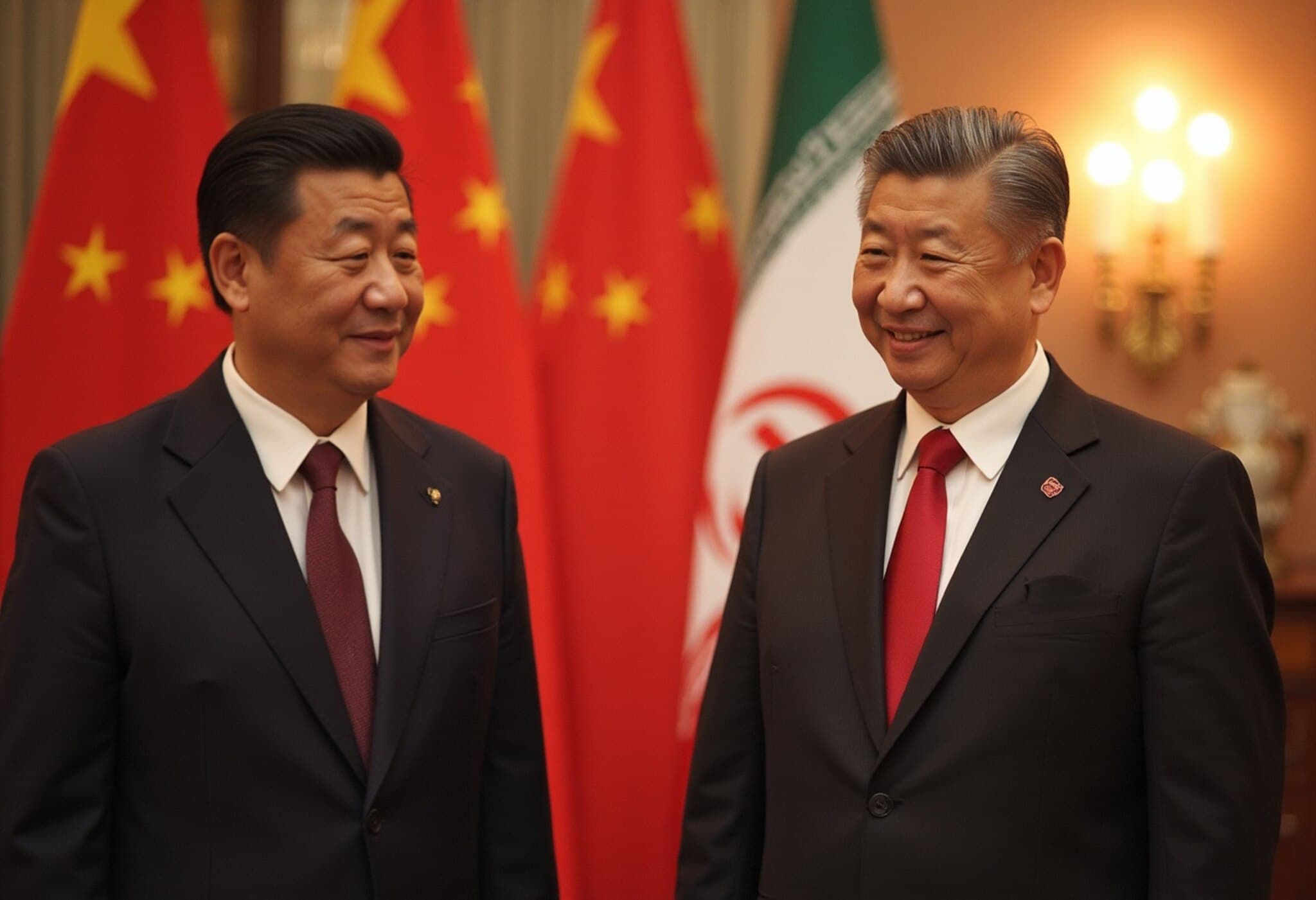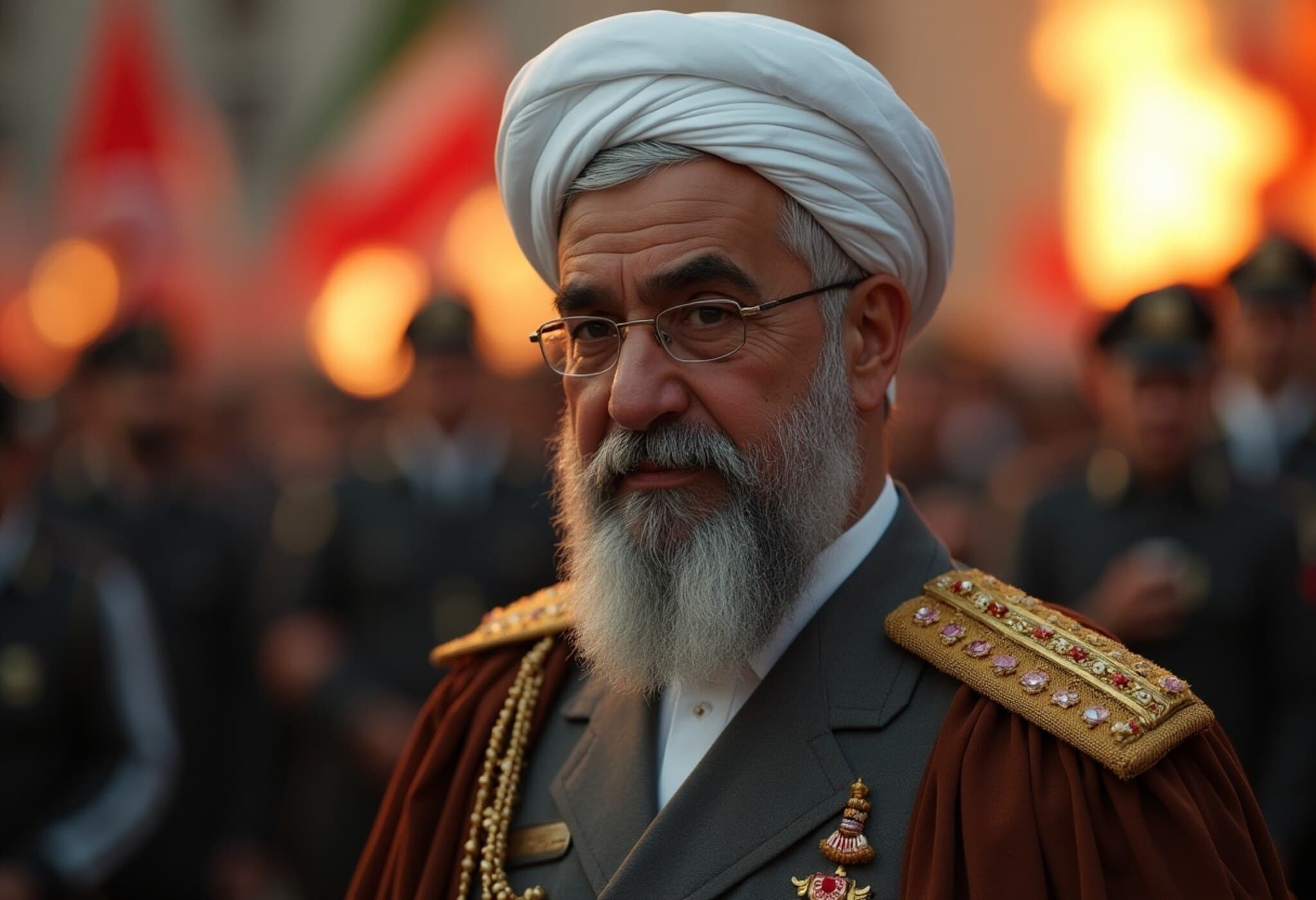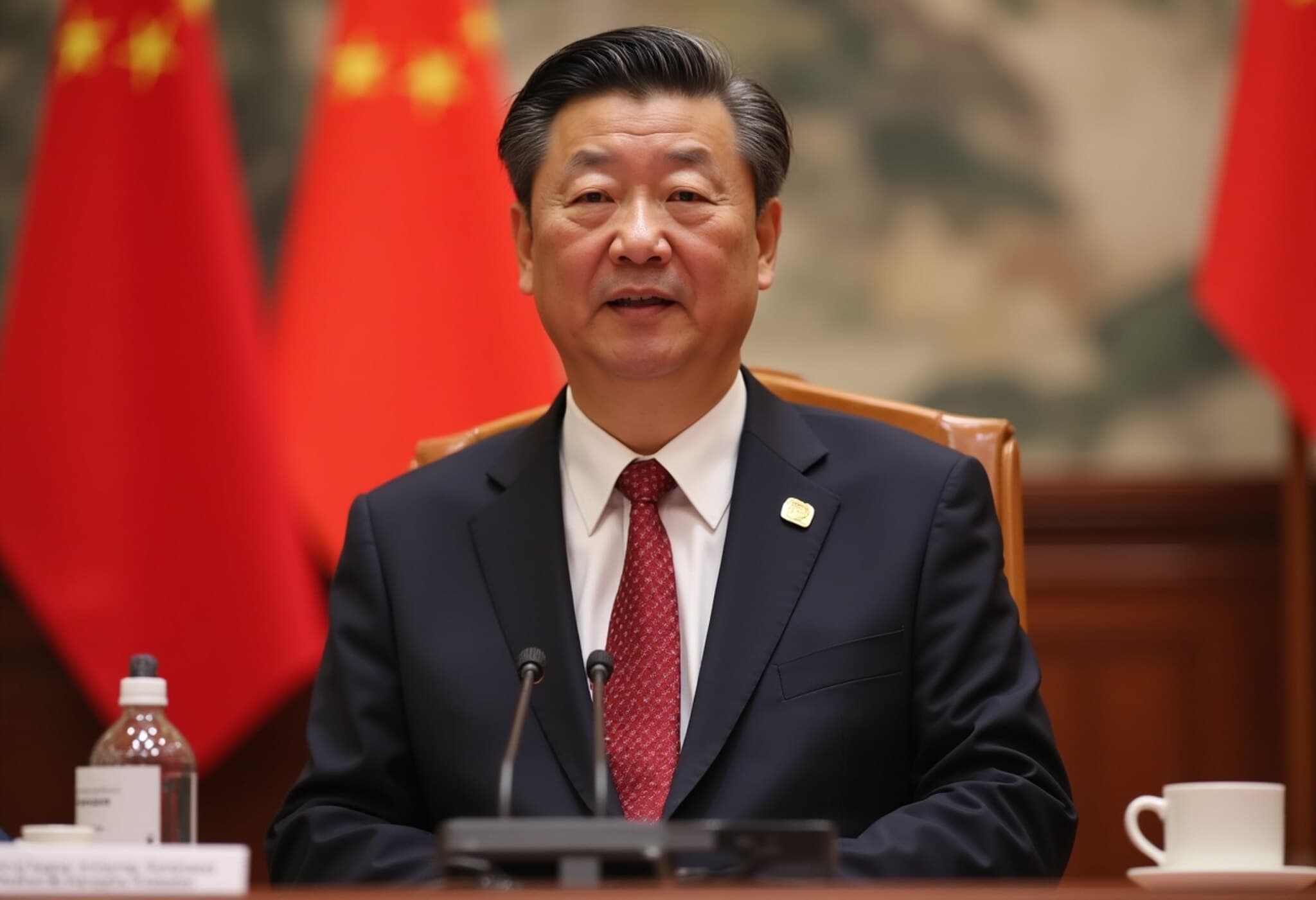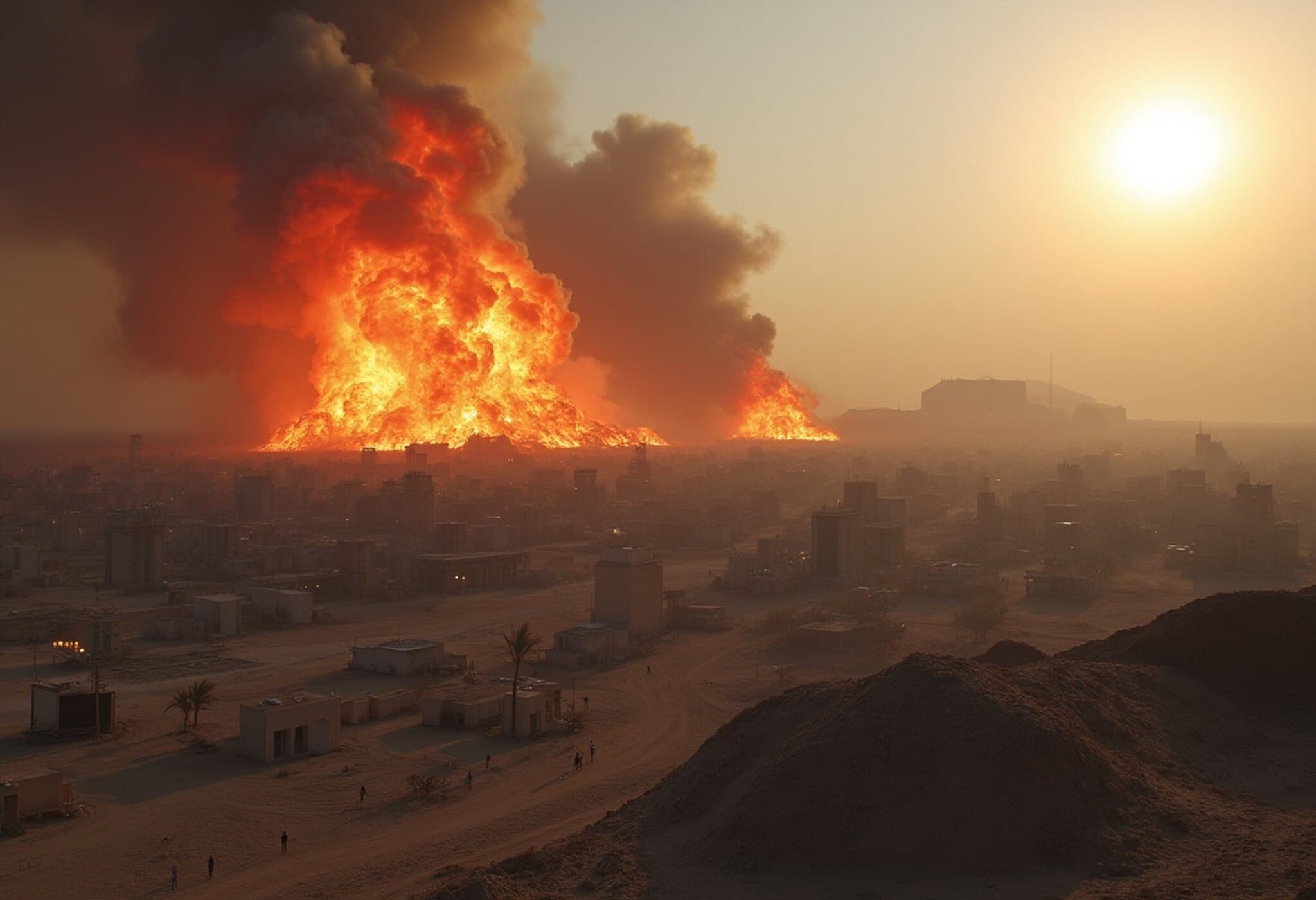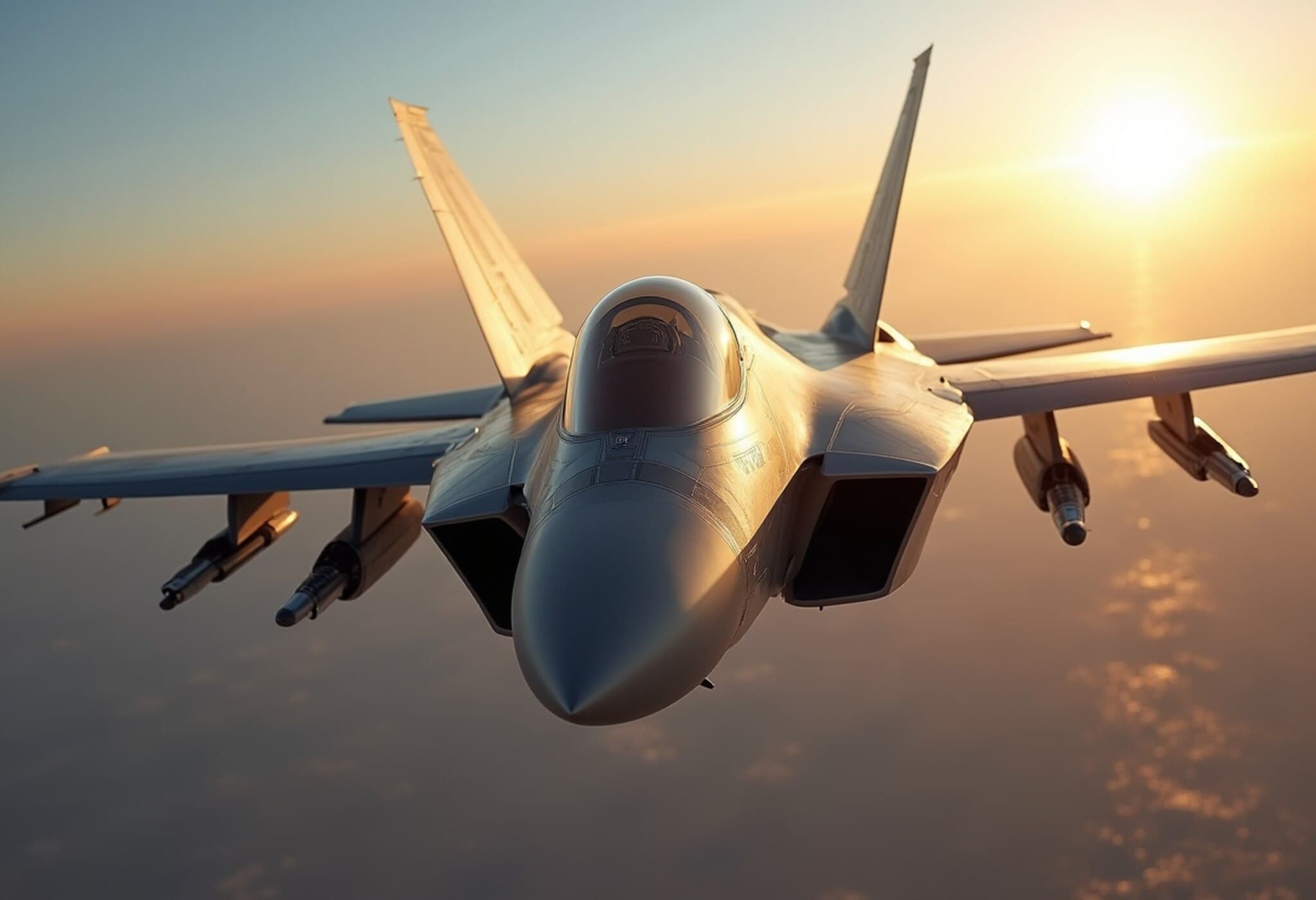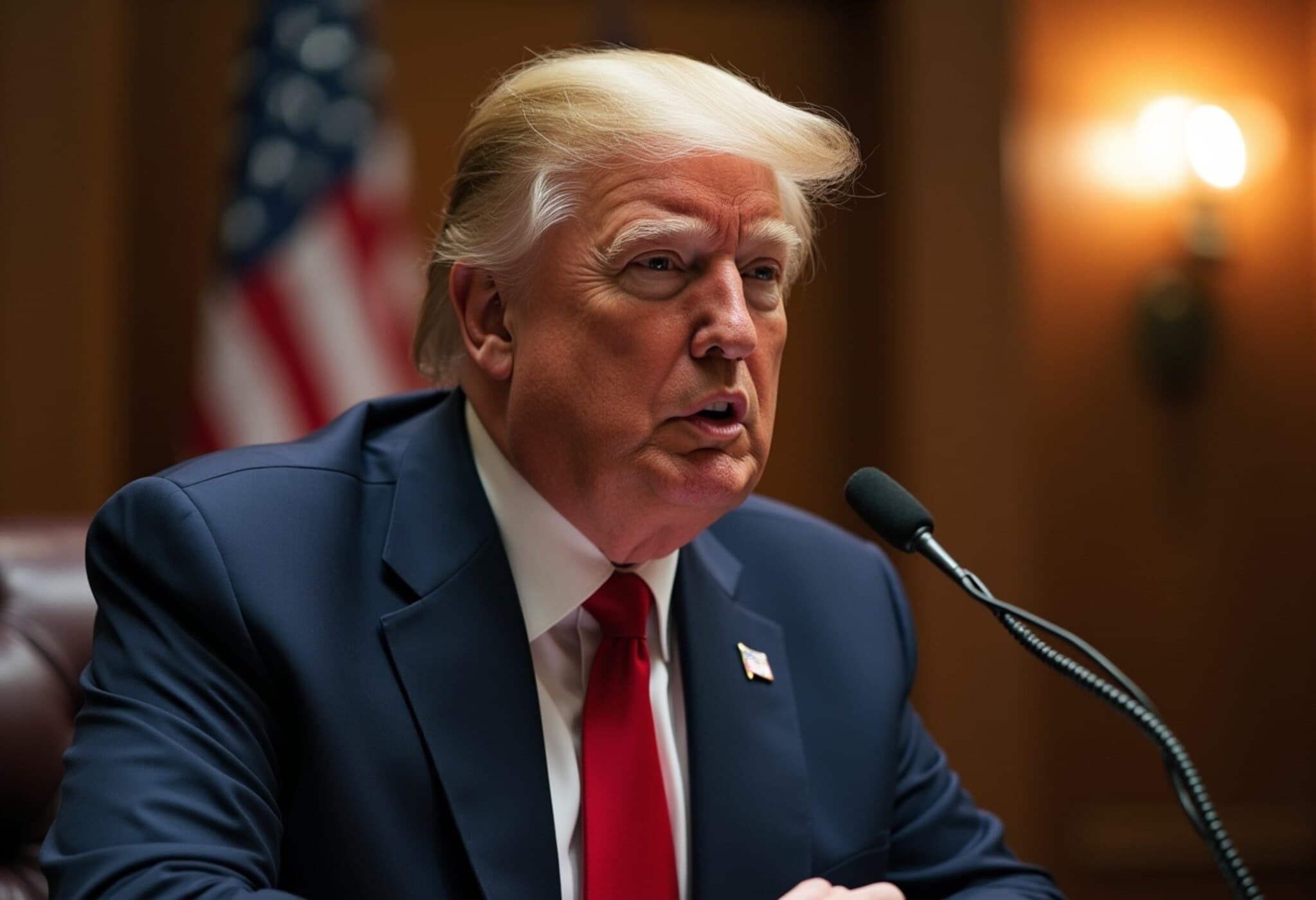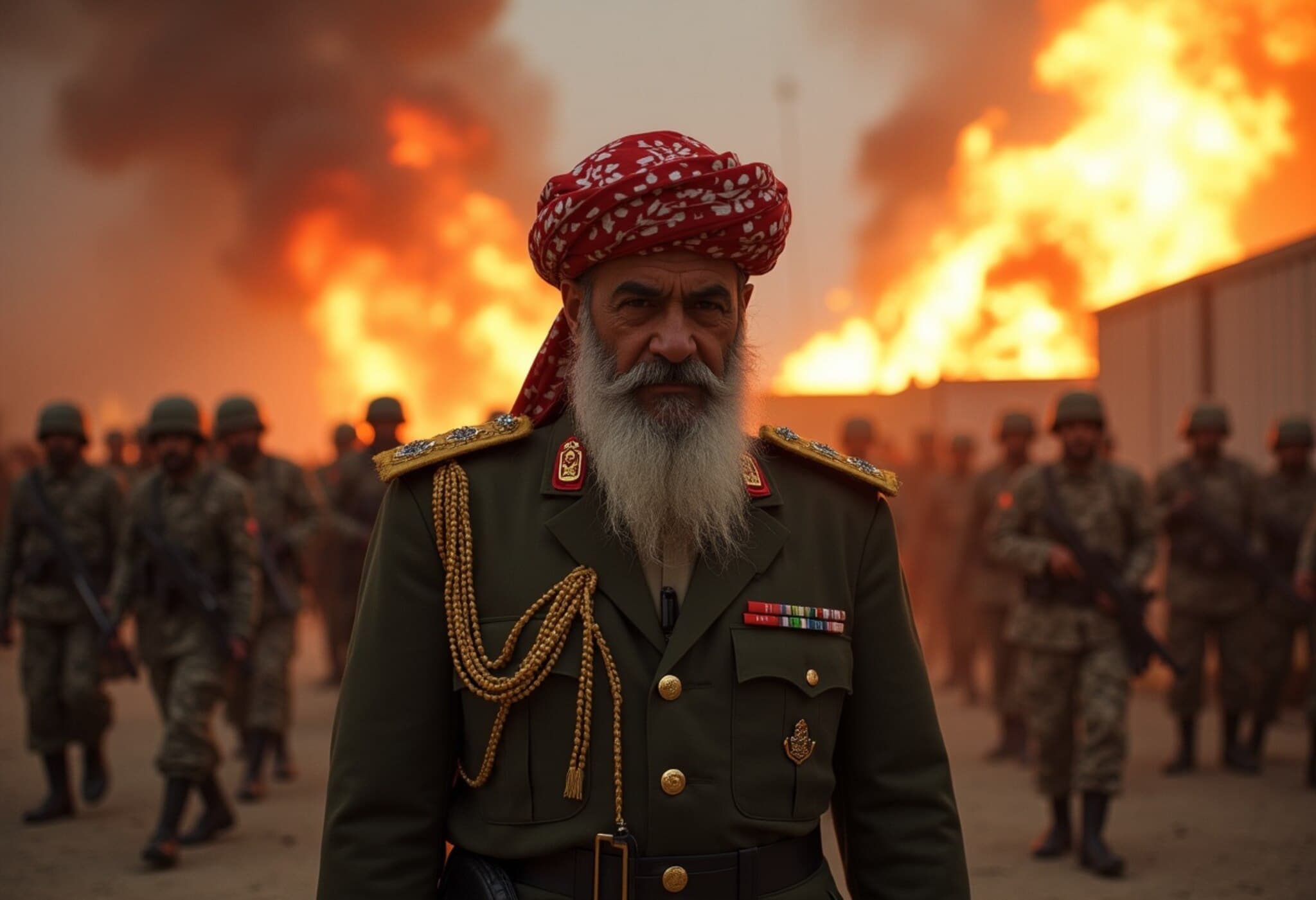Hackers Target Iran's Bank Sepah Amid Rising Tensions
A cyberattack targeting Iran’s state-owned Bank Sepah has been claimed by a hacking group suspected to have links to Israel. The group, known as Gonjeshke Darande or "Predatory Sparrow," alleges the bank funds Iran's military activities, prompting the latest destructive assault.
Who Is Gonjeshke Darande?
Gonjeshke Darande is an anti-Iranian hacking collective with a history of launching damaging cyberattacks against Iranian infrastructure. The group gained notoriety after a 2022 attack on an Iranian steel plant sparked a sizeable fire, demonstrating capabilities beyond typical activist hackers, edging closer to state-level operations. Additionally, they have been linked to a 2021 cyberattack that disrupted gas station networks across Iran.
Details and Impact of the Recent Attack
On Tuesday, Gonjeshke Darande declared on social media that they had destroyed data at Bank Sepah, criticizing the bank’s support of Iran's military efforts. The attack reportedly caused difficulties for customers trying to access their accounts and led to the bank's website going offline.
While independent verification of the hack remains pending, Bank Sepah's website was inactive, and its international subsidiary did not respond to inquiries. Israeli media reported access issues for the bank’s clientele.
Context: Rising Israel-Iran Hostilities
This cyber incident follows a surge in escalations between Israel and Iran. In recent weeks, Israel conducted multiple strikes against Iranian military and nuclear sites, leading to retaliatory missile attacks on both sides. Experts caution that disrupting Iranian financial institutions could significantly undermine trust and operational capacity within the country’s banking system.
Expert Insights
Rob Joyce, former cybersecurity chief at the U.S. National Security Agency, emphasized the potential ramifications of such cyberattacks: "Disrupting the availability of this bank's funds, or triggering a broader collapse of trust in Iranian banks, could have major impacts."
Unconfirmed Links and Official Silence
Though Israel has never officially admitted any connection to Gonjeshke Darande, Israeli media frequently refer to the group as "Israel-linked." The group did not respond to repeated messages seeking comment on the latest attack.
Summary
- Gonjeshke Darande claims to have destroyed data at Iran's Bank Sepah.
- The hacking group accuses the bank of supporting Iran’s military endeavors.
- The attack occurs amid escalating military tensions and reciprocal strikes between Israel and Iran.
- The bank experienced offline status and customer access problems following the cyberattack.
- Experts warn such attacks could severely disrupt financial trust within Iran.


